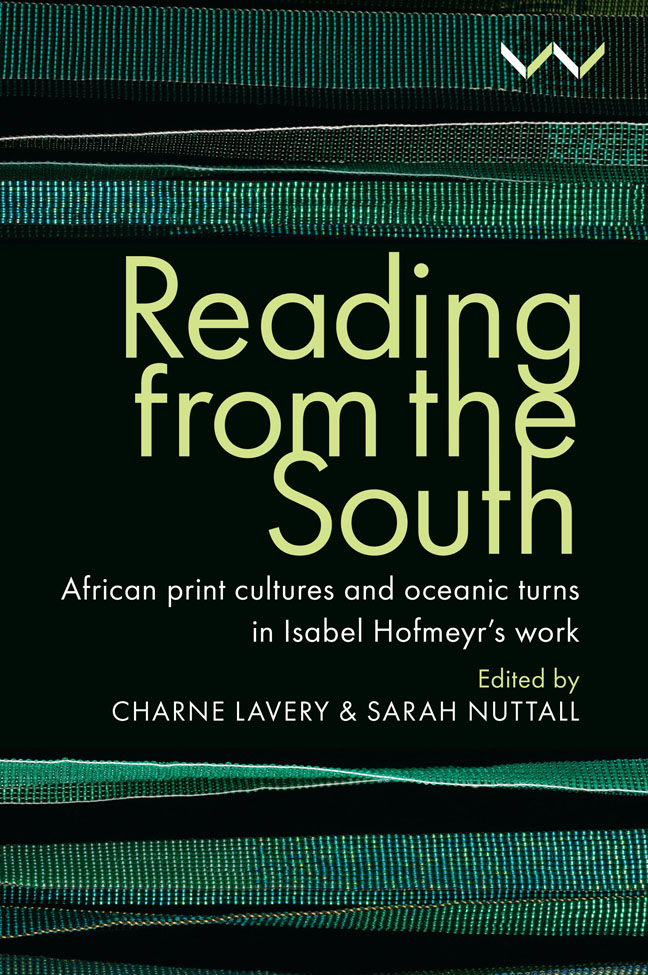Chapter 6 - Hemispheric Limits: Rethinking the Uses of Diaspora from South Africa
Published online by Cambridge University Press: 01 March 2024
Summary
Isabel Hofmeyr's ground-clearing essay, ‘The Black Atlantic Meets the Indian Ocean: Forging New Paradigms of Transnationalism for the Global South – Literary and Cultural Perspectives’ (2007), poses an important question and (subsequently) a theoretical challenge for transnational and globalisation studies that try to conceptualise the movement of people, ideas and cultures around the world. Hofmeyr asks: ‘What of non-Western sources of globalisation or processes of transnationalism that happen without reference to Europe?’ (2007, 3). This question is at the heart of the analytical logic of Hofmeyr's much-cited article. In very interesting ways, the question is imploring us – as Dipesh Chakrabarty (2000) does – to ‘provincialise Europe’. Ngũgĩ wa Thiong'o (1992) has used another expression elsewhere: to ‘move the centre’. Hofmeyr deploys the taxonomy of ‘South’ to locate what she argues are ‘universalisms’ that have big historical footprints in Africa's encounter with the rest of the world through the Indian Ocean. The Indian Ocean, she argues, pivots ‘transnationalism within the South itself ‘ (2007, 3) and, from the perspective of South Africa, therefore provides a very specific enunciation of transnational studies that particularly challenges the dominance of Paul Gilroy's (1993) formulation of ‘the Black Atlantic’ in that field.
My essay seeks to place Isabel Hofmeyr's thinking alongside that of Brent Hayes Edwards (2001, 2003) to make an argument for the ways in which both scholars not only broaden the framework within which the word ‘diaspora’ operates as an analytic, but also complicate its cartographic logic in ways that speak to how we might, for example, read from a place such as Cape Town – a place at the very tip of the ‘two oceans’. Hofmeyr herself ‘suggests that we look quite literally at our location in Southern Africa – between two oceans – and see what analytical purchase that may provide … what can we derive from thinking about three intersecting frameworks: the black Atlantic, the Indian Ocean and Africa itself?’ (2007, 4).
The point Hofmeyr makes here is critical, not only in expanding away from a singular oceanic frame of reference, but also in suggesting ways of multi-directional reading from the geography of the Cape and, more broadly, southern Africa. She offers us a strategy of reading, as it were, from the Cape.
- Type
- Chapter
- Information
- Reading from the SouthAfrican Print Cultures and Oceanic Turns in Isabel Hofmeyr's Work, pp. 97 - 105Publisher: Wits University PressPrint publication year: 2023

